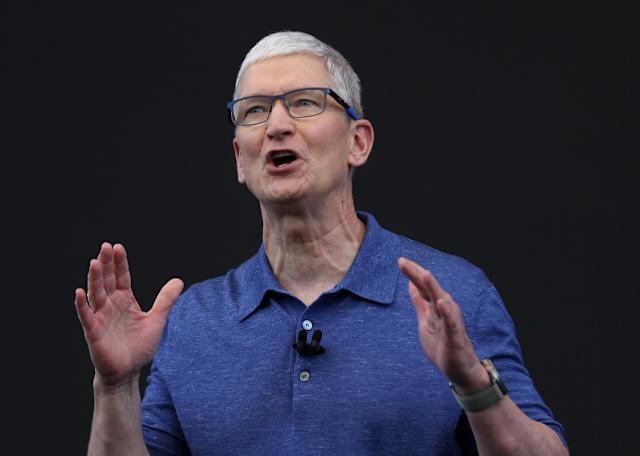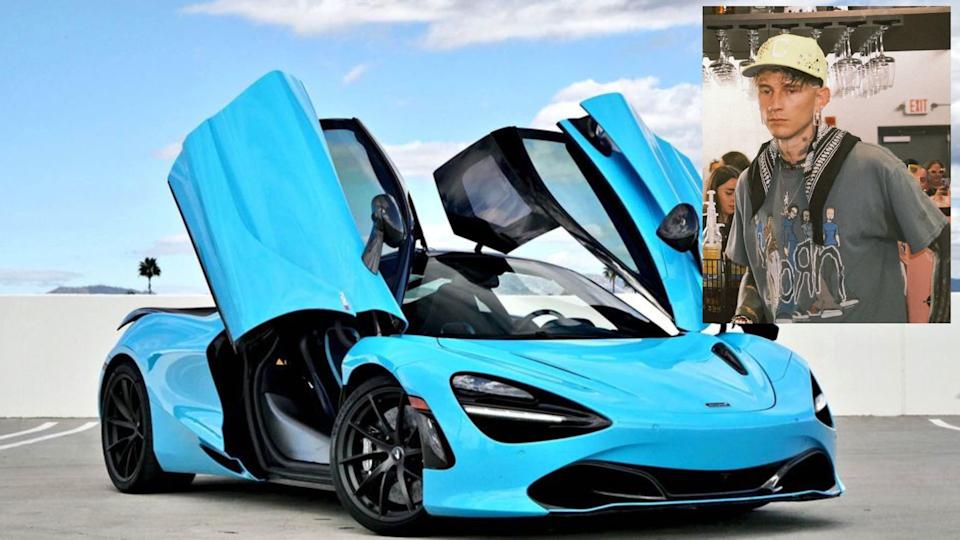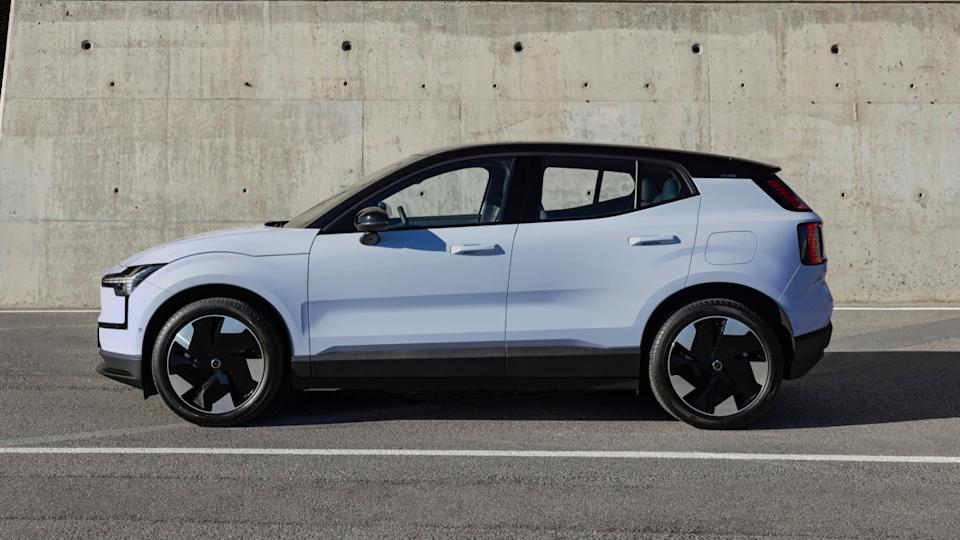
White House advisor sends hard-nosed message to Apple originally appeared on TheStreet.
President Trump began a wild tariff ride when he started his second term.
On April 2, Trump announced "reciprocal tariffs" on all countries not subject to other sanctions, and additional tariffs for 57 major trading partners were planned for April 9, but were later paused.
Trump also imposed 25% tariffs on Canada and Mexico, but later exempted products that were compliant with the United States-Mexico-Canada Agreement.
💵💰 Don't miss the move: Subscribe to TheStreet's free daily newsletter💰💵
The United States and China reached an agreement in Geneva in May to temporarily slash tariffs in an effort to de-escalate the trade conflict between the two countries.
The joint statement revealed the US will temporarily decrease its average tariffs on Chinese products from 145% to 20% and China will reduce its duties on American products from 125% to 10%.
The pause on additional "reciprocal tariffs" was supposed to expire on July 9. However, on July 7, Trump extended the pause to August 1 while at the same time sending "tariff letters" to some countries, warning they would be subject to a new tariff rate if they didn't reach an agreement with the US by the new deadline.
It appears that the on-again, off-again tariff situation has been best described by an asset management firm, Franklin Templeton: "Continued uncertainty appears to be the only certainty."
Technology is one of the industries heavily impacted by trade wars. Among the many tech giants, one is gaining special attention tariff-wise: Apple.
Apple's cunning move in response to tariffs
In February, the tech giant announced it plans to invest $500 billion in the United States, which was praised by Trump.
In April, the government announced that certain electronics like smartphones and laptops would, at least temporarily, be excluded from the tariffs placed on China. However, officials have indicated that additional, sector-specific tariffs on electronics are coming.
Related: T-Mobile, Apple may have a multibillion-dollar TikTok problem on their hands
Responding to tariffs, Apple (AAPL) made a major move: It shifted more of its iPhone production to India, reducing its reliance on China. In March, it shipped nearly $2 billion worth of iPhones to the US, a record amount for its two India-based suppliers.
Shifting production to India provoked Trump, who wanted new tariffs to boost US production instead of moving production from China to other countries.
"I have long ago informed Tim Cook of Apple that I expect their iPhones that will be sold in the United States of America will be manufactured and built in the United States, not India, or anyplace else," Trump wrote on Truth Social in May. "If that is not the case, a Tariff of at least 25% must be paid by Apple to the U.S."
Story ContinuesLater that same day, Trump explained that tariffs would not only impact Apple but also other tech companies such as Korea's Samsung.
More Tech Stocks:
-
Amazon tries to make AI great again (or maybe for the first time)
-
Veteran portfolio manager raises eyebrows with latest Meta Platforms move
-
Google plans major AI shift after Meta's surprising $14 billion mov
More recently, White House trade advisor Peter Navarro commented on Apple's overseas production.
Navarro slams Apple's CEO over dragging feet on US manufacturing
During an interview on CNBC's "Squawk on the Street," Navarro went straight after Apple's CEO, saying: "Going back to the first Trump term, Tim Cook has continually asked for more time in order to move his factories out of China. I mean it's the longest-running soap opera in Silicon Valley."
According to Navaro, Cook isn't moving manufacturing out of China quickly enough, writes CNBC.
Related: These beloved 'American' brands are made overseas
"With all these new advanced manufacturing techniques and the way things are moving with AI and things like that, it's inconceivable to me that Tim Cook could not produce his iPhones elsewhere around the world and in this country," Navarro said.
How complicated would it be to move iPhone production to the US, and what would be the consequences?
Wedbush Securities Senior Analyst Dan Ives previously warned that moving Apple's manufacturing to the US could make an iPhone priced at around $3,500, probably making many people reluctant to even consider buying.
The time it would take to relocate production is estimated to be five to 10 years.
"We believe the concept of Apple producing iPhones in the U.S. is a fairy tale that is not feasible," Ives said, according to Barron's.
Related: Google AI may destroy digital media as we know it
White House advisor sends hard-nosed message to Apple first appeared on TheStreet on Jul 9, 2025
This story was originally reported by TheStreet on Jul 9, 2025, where it first appeared.














